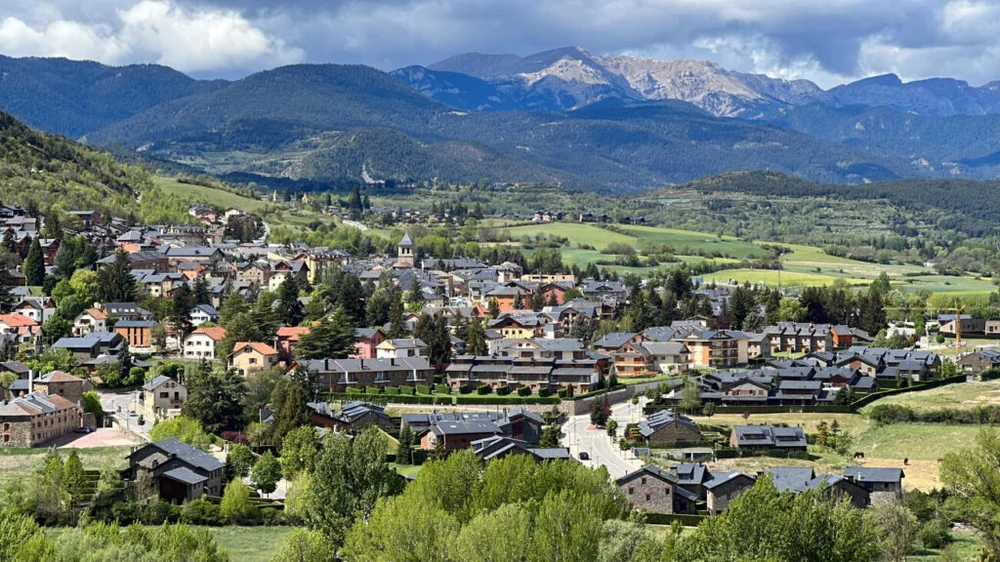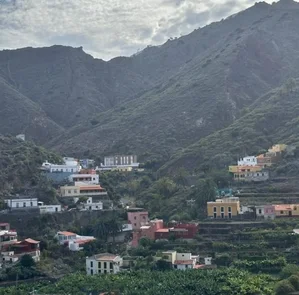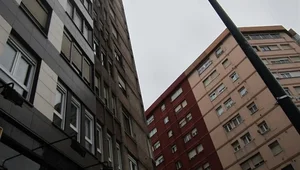The Struggle of the Pyrenees: How Mass Tourism is Displacing Local Communities

In the heart of the Pyrenees, a region known for its breathtaking landscapes and rich cultural heritage, a silent crisis is unfolding. The surge in mass tourism, often referred to as "monoculture touristica" or tourist monoculture, is forcing local residents to leave their homes and livelihoods behind.
The Impact on Local Life
Communities such as those in the Val d'Aran and the Cerdanya region are feeling the brunt of this tourism boom. Residents are struggling to find affordable housing as properties are being converted into vacation rentals. This has led to a significant increase in housing costs, making it impossible for many locals to stay in their ancestral homes.
Economic Displacement
The economic landscape of these areas is also undergoing a drastic transformation. Small, family-owned businesses are being pushed out by larger, more lucrative tourist ventures. This shift is eroding the traditional economy and cultural identity of the region. Locals who once relied on agriculture, craftsmanship, and small-scale tourism are now finding themselves without a viable means of income.
Environmental Concerns
The environmental impact of mass tourism is another pressing issue. The Pyrenees, known for their pristine natural beauty, are facing increased pollution, overcrowding, and strain on local resources. The influx of tourists is putting a significant burden on the region's infrastructure, threatening the very essence of what makes the Pyrenees so attractive.
Community Voices
Residents like Maria López, a lifelong inhabitant of the Val d'Aran, are speaking out against the changes. "We have had to leave our home because it was turned into a vacation rental. It's heartbreaking to see our community disappear," she lamented. Similar stories are echoing across the region, highlighting the human cost of unchecked tourism.
Government Response
Local authorities are beginning to take notice of the crisis. Municipalities are implementing measures to regulate the tourism industry, such as capping the number of vacation rentals and introducing sustainable tourism practices. However, many feel that these efforts are too little, too late.
A Call for Sustainable Tourism
As the situation continues to deteriorate, there is a growing call for sustainable tourism practices that prioritize the well-being of local communities and the environment. Organizations and local groups are advocating for a more balanced approach to tourism, one that respects the cultural and natural heritage of the Pyrenees.
The struggle of the Pyrenees serves as a stark reminder of the need for responsible tourism. As expats living in Spain, it is crucial to be aware of these issues and support initiatives that promote sustainable and community-friendly tourism practices. By doing so, we can help preserve the beauty and culture of this incredible region for future generations.
Related Stories

Hermigua Municipality Initiates Public Housing Project with Land Acquisition
Hermigua on La Gomera announces a public tender for land to build public housing, aiming to meet the growing demand for affordable living spaces.

Canary Islands Grapple with Demographic and Migration Challenges: Local Solutions Proposed
Facing demographic and migration challenges, the Canary Islands propose measures to integrate migrants and address an aging population, amid a surge in arrivals.

Economic Ways to Heat Your Home This Winter: OCU's Guide for Expats in Spain
OCU shares three cost-effective heating methods for expats in Spain, including optimizing heating systems, using layered insulation, and smart heating schedules, to cut winter bills.

Hostelers in Cantabria Demand Regulation of Tourist Apartments, Campervan Areas, and Street Parties
Hostelers in Cantabria call for regulation of tourist apartments, campervan areas, and street parties to combat unfair competition and ensure a level playing field in the hospitality industry.

New Housing Development Approved in Puerto Naos, La Palma
La Palma's Cabildo approves 21 new homes in Puerto Naos, aiming to boost local housing, economy, and tourism while preserving natural beauty.